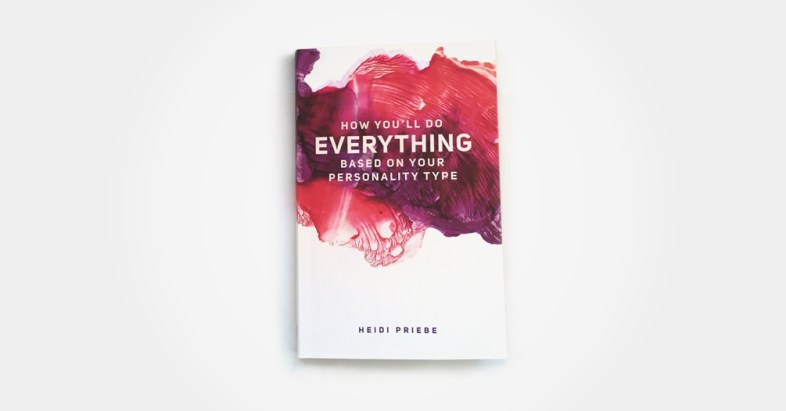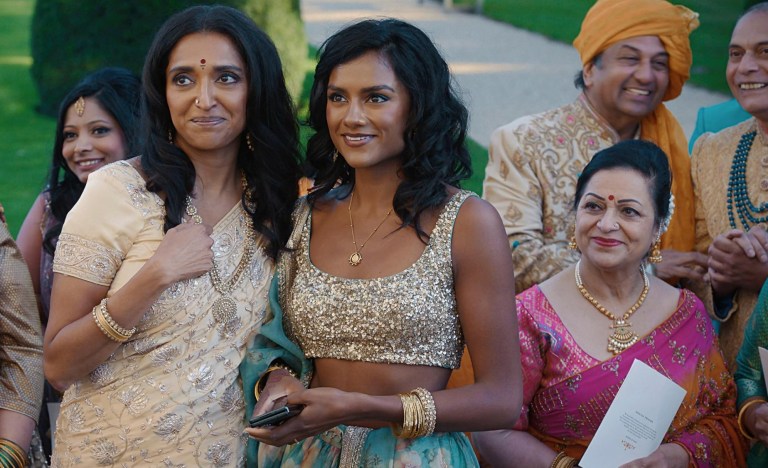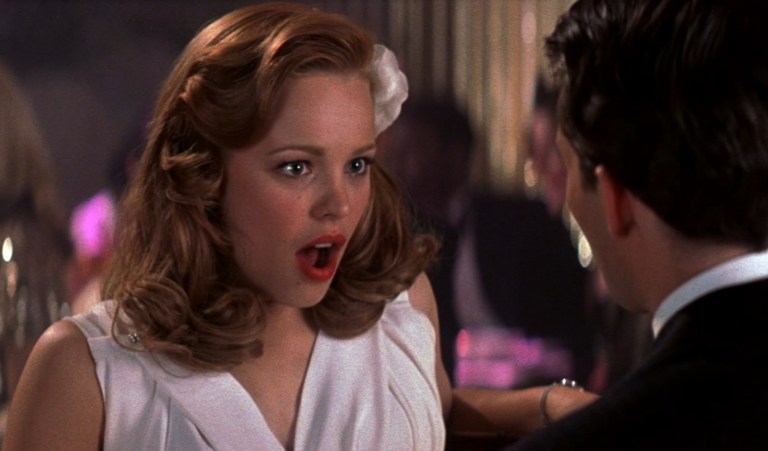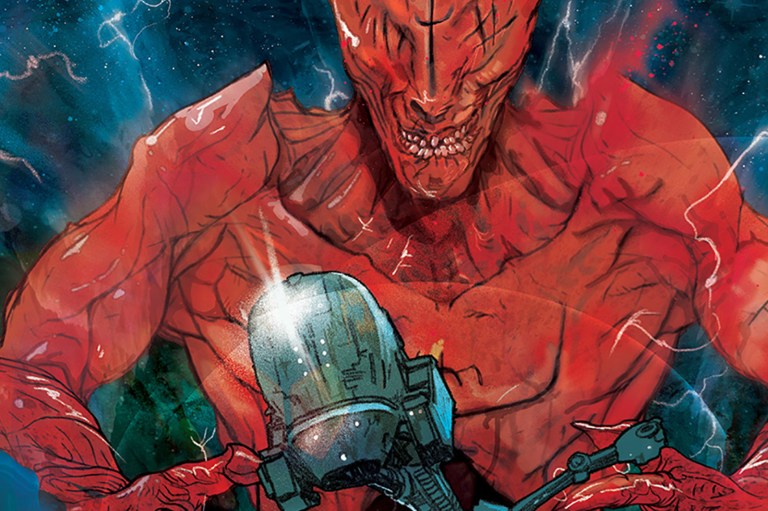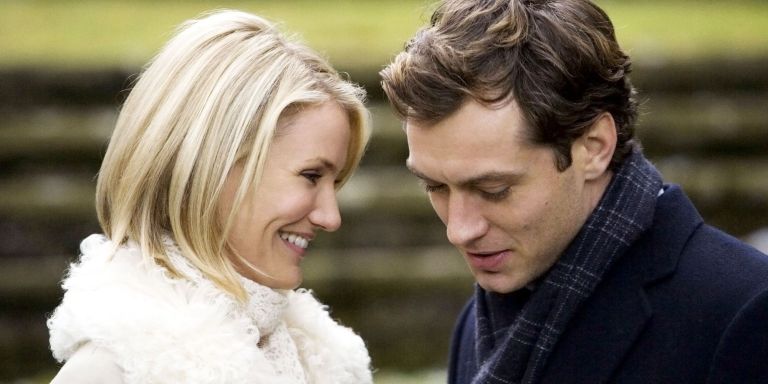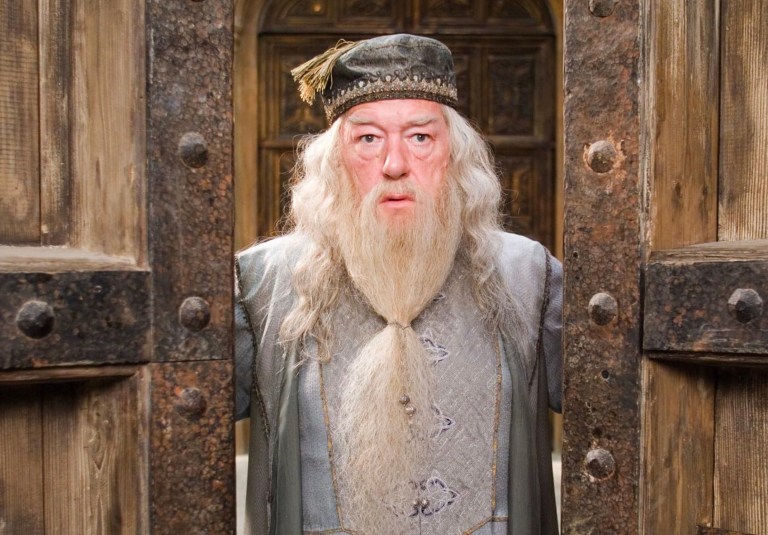
21 INFJs Share The Piece Of Wisdom That Turned Their Lives Around
"No matter how positive your daydreams or visions of the world are, or how good of a person you are, your vision for the world won't come true if you don't do things."
By ![]() Heidi Priebe
Heidi Priebe
This week on my MBTI Facebook Page, I asked each type to share a personal epiphany they’d had that had significantly impacted their lives. Here’s what 21 INFJs had to say about the particular piece of wisdom that turned things around for them.

1. “The biggest lesson I learned is that I can’t save everyone. That not all those who are wounded want to get better or be helped. Or worse they’re just using you for the attention and comfort but never really wanting to get better. In the same vein, I know that it’s okay to put myself first sometimes so that I can stay healthy to love and protect the folks who need it the most. I can’t save the world, but I can at least make one person’s life better.”
![]()
2. “One of the most important things I’ve learned is that I don’t have control over everything, and I can’t make everything go exactly the way I want it too. I am still having to relearn this because I always want everything to be perfect.”
![]()
3. “The world will consistently and doggedly try to change you into someone else — and you’ll get really mixed messages too. To some people, I’m too quiet, and my kindness or soft demeanor is a weakness. To others, I’m too opinionated, and speaking my mind directly just isn’t appropriate. The point is, everyone will have completely different ideas about who you should be, and you’ll always be ‘too much’ or ‘not enough.’ Amidst dealing with this every day and being so painfully aware of what others project onto me, I’ve decided that I can either empower and perpetuate that system by giving into it, or I can defy it. In this, I’ve realized that there is nothing more revolutionary than to be unapologetically myself. And the best thing is, fully accepting and embracing who I am not only gives me greater compassion for others, but it empowers them to be who they really are too. The world desperately needs what each of us uniquely offer, not for us all to be the same.”
![]()
4. “I know things intuitively without knowing how I know, and I can’t explain what I know, but I absolutely can (and should) trust what I know intuitively.”
![]()
5. “The realization that had the most profound impact on my life has been that we create our own reality with our thoughts – you get what you think about. This is more than positive psychology – it’s the law of attraction. This has been hugely empowering for me because I’ve gained confidence in myself and I’ve moved away from anxious patterns of thought.”
![]()
6. “No matter how positive your daydreams or visions of the world are, or how good of a person you are, your vision for the world won’t come true if you don’t do things. Like physical acts. Just do more and dream maybe just a little less and you’ll find that you are much more satisfied with your life.”
![]()
7. “I never understood how other people didn’t want to save the world. They wanted to get a job and buy a car instead of fighting for others or accomplishing something great for the world. I used to think these people were selfish. I had to learn that it’s okay to not have a bleeding heart. It doesn’t make you a bad person to worry about yourself over others.”
![]()
8. “Realizing we represent about 1% of the population was a huge epiphany. Oh, so there’s a reason I struggled to relate to my peers as a child and enjoy the same things they enjoyed. I’m not a freak AND there are others like me! Another is that not everyone can read people the way I can. I was assuming people saw the pain, etc. that I saw but just shrugged it off. Now I have more empathy for those who are not as in tune with others’ emotions.”
![]()
9. “My most significant epiphany has been that I can be happy if I choose to be – I’m in control of that. That I’m free, that the whole world is open to me if I choose to stop hiding inside of myself and my mind and behind my insecurities. That I would never be happy unless my life means something and I contribute to helping in some way.”
![]()
10. “I realized that expressing my feelings is actually necessary after all. So what if I can counsel myself… other people need to know I’m made of flesh and blood too, if I’m hoping they’ll ever really get to know me. I am actually weird… it wasn’t just people’s perceptions. So if I don’t explain, they’ll never understand. That’s not fair to them anymore than it is to myself. Revealing more about my true thoughts and feelings to my family has made a big improvement in our relationship. As hard a step as it was to take initially. I did find loving support and true acceptance once we had washed away all the layers of misunderstandings. That confusion in others was too often caused by my desperate need for privacy, which often came back to hurt me later, but I had put all the blame on them for not reading me the same way I read them. I was at fault for having unrealistic expectations. It wasn’t that hard to fix, either. End result = healthier family, happier loved ones. Yay!”
![]()
11. “I used to always be disappointed in close friends and family members because I would feel let down when they wouldn’t take my perspective on things. When I began to understand that the issue is not that they don’t care, but rather because they’re just not people who think about things as obsessively as I do, I became more forgiving. I was able to let go, and I started to expect less of the people around me. I am so much happier this way because I’m not constantly setting myself up for disappointment.”
![]()
12. “I’ve always been extremely sensitive, and sensitive about being sensitive (if that makes sense). Having strong emotional reactions to things has caused me to assume that there’s something wrong with me, and second guess myself overtime. Pair that with an abusive partner for a long time and I was pretty messed up. It wasn’t until I started seeing a counselor who told me something I’ll never forget. She said, ‘What you’re experiencing is a ‘human’ reaction to a messed up situation. There’s nothing wrong with you.'”
![]()
13. “I have always struggled with being a perfectionist and always feeling like I was never living up to my full potential. I would suffer anxiety and pass innumerable amounts of night awake panicking about how I was not living life the ‘right’ way (if only I had done that better, if only I had tried harder, etc.) I had an epiphany one day, and I started asking myself, ‘In the larger scale of my life, how important is this small task or event?’. I realized that when I looked back in the future, I would not remember all those insignificant details that we’re giving me huge anxiety in the present. I would remember my family, my friends and my dreams. It helped me stop obsessing with seeking perfection in small details which didn’t shape me as a person.”
![]()
14. “One of my earliest memories was when I was about four or five years old and I was trying to draw a dolphin. I chose the perfect blue shades of crayon and white paper, I was determined for it to be a masterpiece. Looking back, I see what a perfectionist I was and how I’m trying to change from that. It started way earlier than I had ever thought and it takes years to recover from. Being a perfectionist means you have incredibly high, usually impossibly so, standards for yourself and others. And until I realized that, I had to go through grief and shame for so long. If you’re a perfectionist now, you need to stop. No one can do everything right and when you fail, you’re going to fall harder than anyone else will emotionally and mentally.”
![]()
15. “30 years ago I discovered Myers Briggs and realized I wasn’t defective, I was an introvert! I called my brother (ISTP) to tell him we were normal after all. Our extroverted family had always felt so sorry for us. :) It still makes me happy.”
![]()
16. “Near the end of my undergrad fine arts program, an academic advisor told me point-blank that I had never allowed her to actually *teach* me anything and that this trait was going to hamstring me for any real excellence if I didn’t figure out how to get past it. I was so angry that I left the office crying (and I never cry in public.) But by an hour later, I knew she was correct, and I knew that this was a fault in me that touched on nearly every aspect in my life.
As an INFJ, I do very often just…know stuff. I often do know what is best for me to do, and I know how to get what I want, and I know who I want to be and how to get there. Even when I want to gain a new skill, I’m often my own favorite teacher. But already knowing can be the mortal enemy of humbling myself to new and better learning – the kind of learning that can’t come directly from myself, the kind of learning that goes to another and says “I open myself to your critique, your direction, your insight – and I will actively fight my tendency to argue that ‘I know’ already.” It is perhaps significant that this, the probable greatest epiphany in my life, did not come from my own gut, like a proper epiphany should. But I am profoundly grateful for it, and it has changed my life significantly and perpetually for the better when I remember it and live in light of it.”
![]()
17. “If we ever encounter and advanced Alien civilization how can we expect to communicate with them if we don’t know how to have a conversation with other species of our own planet who we share most of our DNA with?”
![]()
18. “One must know right from wrong to realise that there is actually no right or wrong in this world. It took me quite a while to put this epiphany into words. I’m talking about ‘Robin Hood’ situations. As children we’ve been taught that stealing from others is wrong, but the ‘Robin Hood’ situation turns the tables around when one looks at the big picture and from many different perspectives. Stealing from the rich and corrupt to benefit the poor means that more good is achieved through what is perceived to be as the ‘wrong’ kind of behaviour (aka stealing). But obviously from the perspective of the rich and corrupt, this form of stealing would be totally condemned, while the poor would rejoice. I’m not sure if this sort of thinking/revelation has any correlation to the INFJ type – the fact that I don’t care about the ways and means used to achieve something, as long as the final intention is ‘morally good’. Like opting for more bloodshed if it would mean finally stopping a brutal war for good. Hopefully more INFJs can weigh in on that!”
![]()
19. “The discovery that I’m an empath was equally as life-changing. I just thought I was crazy. I had never heard of the term until I was describing what happens to me to my friend, and she told me I was an empath. I went home and did some research, and was overjoyed that there was a name for my strangeness! I now look at myself as someone of value instead of a freak.”
![]()
20. “I’ve had to learn the hard way that closing myself off to others is a lonely and unhealthy way to live. Acceptance of others and myself is the key.”
![]()
21. “The world is actually full of magic. We’ve just forgotten how to see it.”![]()
![]()
